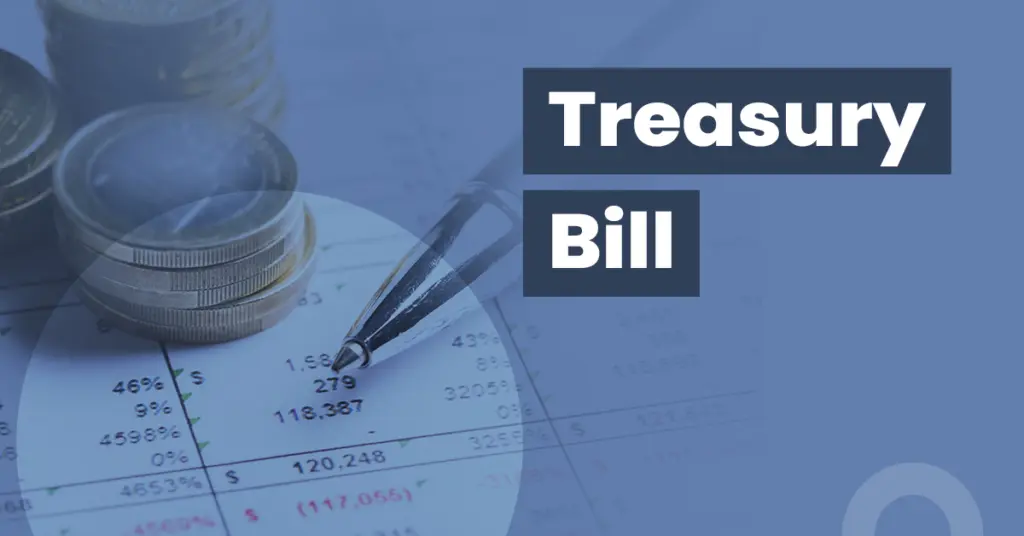
Ghana’s Treasury Bill (T-bill) rates have been declining for weeks, offering relief for government borrowing but raising concerns for investors and the broader economy.
Despite falling yields, demand for T-bills remains high, as they are one of the few available investment options amid the inactive local bond market. However, the government has rejected over GHS 24 billion in bids to drive rates lower, reducing its debt servicing burden.
For investors, lower T-bill returns mean shrinking profits, which could push them toward equities, corporate bonds, or foreign investments. On the other hand, businesses and borrowers may benefit from lower interest rates, making credit more affordable and boosting economic activity.
The government is expected to reintroduce long-term domestic bonds in 2025, aiming to restore confidence in the market. However, inflationary risks could impact this strategy, making the coming months critical for economic stability.


